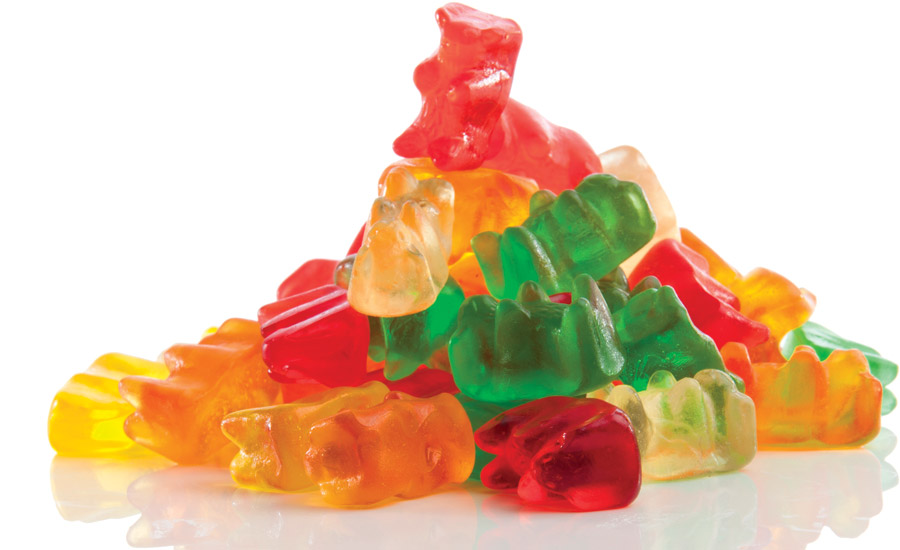Snacking and comfort eating are on the rise due to COVID-19, as consumers turn to products for moments of escapism from daily pressures.
While this can aid mental wellbeing in the short-term, it also conflicts with consumers’ desire to eat and drink healthier and minimize their vulnerability to illness. As such, this will drive demand for better-for-you snacking options over the next 12 months.
FMCG Gurus conducted surveys of 23,000 consumers across 18 countries in April and May 2020. Half of consumers surveyed in May said they had snacked more, compared to 38 percent who said this a month earlier. Linked to this, a total of 23 percent said that they had been less attentive to their calorie content, compared to 18 percent who said this in April. When it comes to snacking more frequently, the need for escapism from the pressures of daily life is a main reason for doing so.
Also in May 2020, 43 percent of consumers said they had become more conscious about their mental wellbeing because of COVID-19, compared to the 36 percent who said this a month earlier. Poor mental wellbeing can be linked to the high levels of uncertainty that consumers face in 2020 and beyond.
This has also led to increased snacking occasions, with 60 percent of consumers saying they bought more comfort foods in the last month, including confectionery. Given that 51 percent of consumers feel COVID-19 will impact on their daily lives for at least 12 months; 71 percent feel a second wave of the virus will occur; and 72 percent believe the word is heading towards recession, it is likely mental wellbeing will continue to be impacted for some time.
Nonetheless, the tendency to snack more for comfort purposes conflicts with consumers’ overall plans when it comes to eating and drinking. Indeed, 80 percent of consumers say they plan to eat and drink healthier because of coronavirus, compared to the 73 percent who said this a month earlier.
Given that consumers will be reluctant to give up on moments of indulgence and escapism over the next 12 months, it will drive demand for confectionery products that are low in sugar. This is so consumers can continue to enjoy daily treats for mental wellbeing purposes with less concern about potential immediate and long-term health risks.
For more information please contact info@fmcggurus.com.
